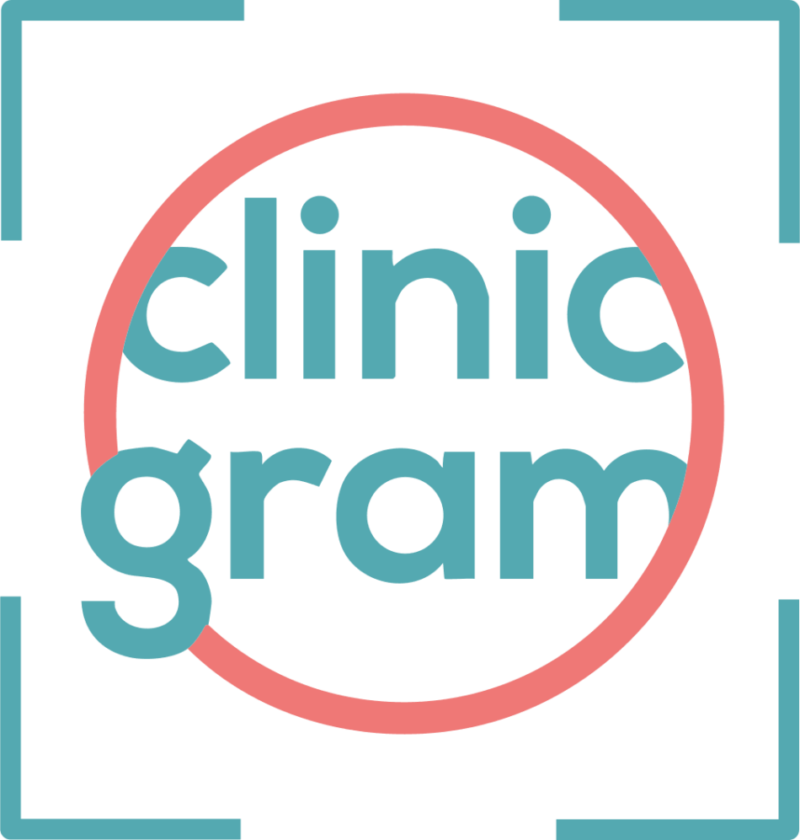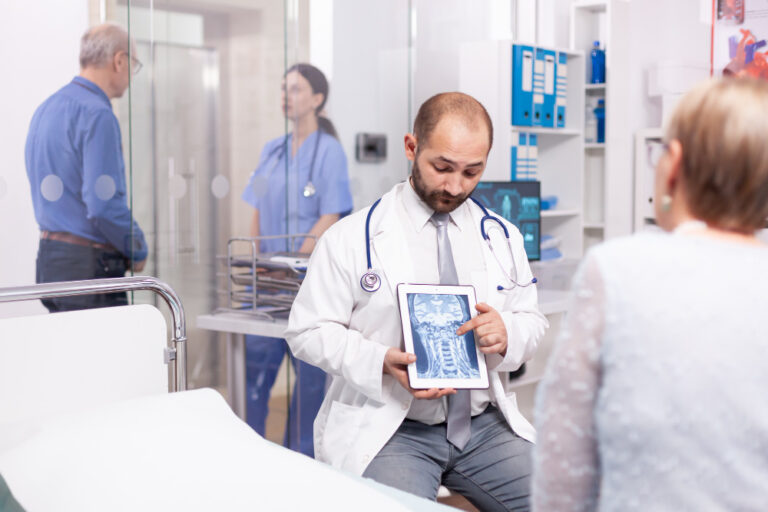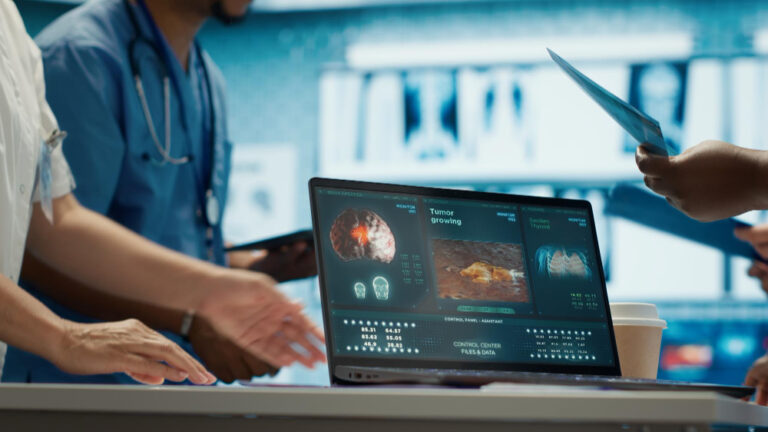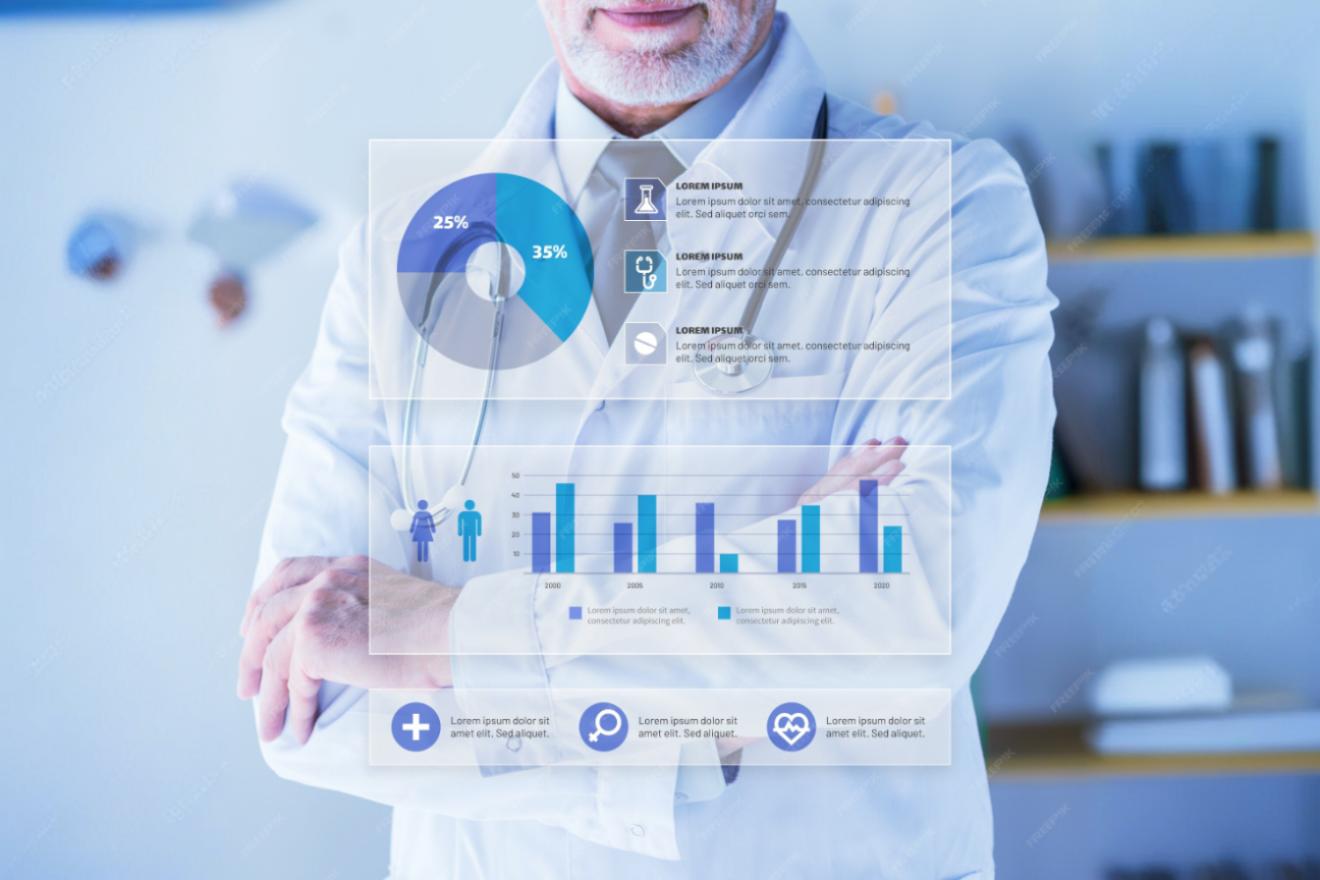
Hospitals face increasing challenges such as overburdened care units, staff shortages, and the constant need to optimize resources without compromising the quality of care. In this context, implementing solutions like clinical software platforms has become a key strategy to improve operational efficiency and patient safety.
However, not all technologies offer the same value. Hospitals are looking for tools that can seamlessly integrate into their workflows, are intuitive for clinical staff, and—most importantly—provide real value in clinical decision-making.
Key Requirements in Clinical Software for Hospitals
While clinical software is essential for enhancing efficiency, not every solution is suitable. Hospitals must evaluate several critical criteria:
- Usability and clinical workflow integration: The software must be intuitive, minimizing the learning curve and adapting to the daily routines of medical and nursing staff.
- Interoperability with existing systems: Seamless integration with platforms such as HIS, EHR, or PACS is crucial for uninterrupted information flow across departments.
- Data security and regulatory compliance: Compliance with standards such as GDPR and ISO certifications is vital to protect sensitive patient information.
- Scalability and customization: The platform should be flexible enough to scale with hospital needs and adapt to the specific workflows of each department.
Features Healthcare Teams Truly Value
Clinical and nursing teams prioritize features that improve their daily practice and elevate patient care. That’s why it’s critical to assess these aspects when selecting a technology partner:
- Accurate and visual clinical documentation: Structured recording of patient evolution improves traceability and supports better decision-making.
- Longitudinal patient tracking: Access to a comprehensive clinical history is essential for identifying patterns and anticipating complications.
- Interdepartmental communication: Enables multidisciplinary collaboration, ensuring coordinated and coherent care plans.
- Clinical alerts and decision support: Generates proactive notifications about changes in patient condition, enabling timely interventions.
The Importance of Real-Time Data Analysis
Real-time data analysis has become a powerful tool to enhance clinical efficiency and care quality. With this capability, hospitals can shift from reactive care to a proactive approach, anticipating complications before they escalate.
This enables more personalized and evidence-based care. In addition, instant access to critical information supports safer, faster, and better-informed clinical decisions—even in high-demand care environments.
- Automated report generation: Provides up-to-date reports reflecting the current patient status and clinical workload.
- Risk pattern identification: Helps detect early signs of potential complications, enabling preventive action.
- Support for clinical and administrative management: Facilitates resource planning and strategic decision-making backed by real data.
What Makes Clinicgram a Next-Generation Clinical Solution?
Clinicgram stands out by offering a platform that combines multiple advanced technologies, delivering real, measurable benefits:
- Non-invasive assessment through thermal imaging: Uses infrared thermography to detect physiological changes before they are visually evident.
- AI-driven complication forecasting: Employs real-time data analysis to trigger early alerts on potential clinical risks.
- Agile and intuitive interface for multidisciplinary teams: Designed for collaborative care, simplifying communication between specialists.
- Remote monitoring and digital traceability: Enables continuous, structured follow-up, even beyond the hospital setting.
Real-World Hospital Implementation
Hospitals that have adopted Clinicgram report significant improvements:
- Seamless integration into existing protocols: The platform aligns with clinical workflows without disrupting established routines.
- Better outcomes in efficiency, safety, and care quality: Hospitals have observed fewer complications, better team coordination, and higher patient satisfaction.
Conclusion: Moving Toward More Connected, Proactive, and Safer Hospital Management
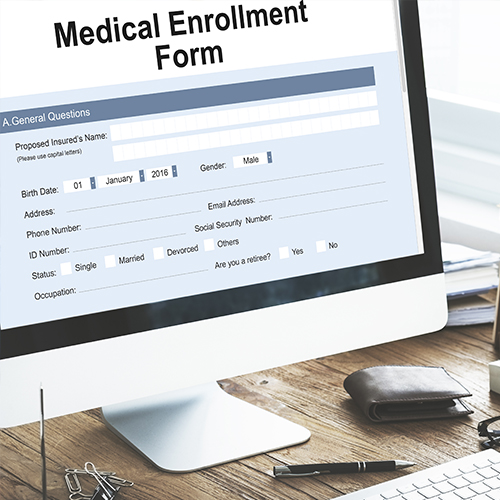
In the digital age, hospitals need clinical software solutions that go beyond simple data collection—they need platforms that truly transform the way care is delivered. Clinicgram offers a comprehensive platform tailored to the real needs of modern healthcare, enhancing efficiency, safety, and clinical excellence.
By combining artificial intelligence, thermal imaging, and smart connectivity, Clinicgram positions itself as a strategic partner in the journey toward a more connected, proactive, and patient-centered healthcare system. Get in touch with us and request your personalized demo today.
Please rate this post

